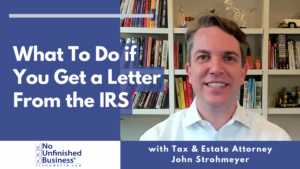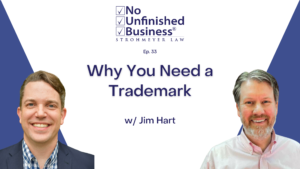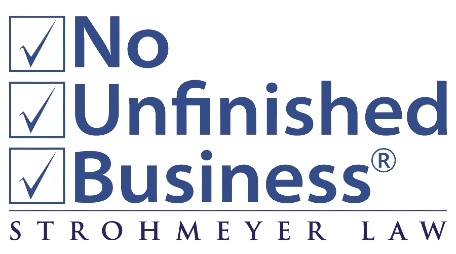Estate Executor Expenses in Texas
Estate Executor Expenses in Texas
John Strohmeyer breaks down the type of expenses an estate executor can incur in Texas, and how those are covered in the probate administration process.
What can an executor of an estate use estate funds to pay for?
An executor is appointed to handle a deceased person’s final tasks, such as paying bills, collecting assets, and distributing those assets to the people who are supposed to receive them. But these tasks cost money. The executor will have to pay for things, like probate fees, attorney’s fees, appraisals, and other expenses.
Executors can pay these costs out of their own pocket and get reimbursed by the estate or use estate assets to pay those costs. So, what can an executor use estate assets to pay for without conflicting with their fiduciary duties? The Texas Estates Code has three broad categories under which an executor can be reimbursed or use estate funds.
✅ Maintaining the Estate
The first category is preserving and maintaining the assets in the estate. So if there’s a house, for example, the executor should make efforts to maintain the property to preserve its value. This may include things like keeping insurance on the house. Since executors are fiduciaries, they are required to see that no harm comes to the property, and they can use estate assets to fulfill this duty.
✅ Collecting Assets
The second category includes collecting or attempting to collect assets owned by the estate. So, this is where the executor has to go find assets of the estate and work to collect those assets. The cost of finding and collecting assets are reimbursable expenses for the executor.
✅ Asset Recovery
Finally, the third category is for costs of recovering or attempting to recover any estate assets or claims held by the estate. When the estate has a claim that the executor must recover, any expenses related to that recovery are reimbursable. But we might discourage recovery if it will waste estate assets. For example, if the estate has a claim for $100 but it costs $300 to recover, we might discourage recovery because it would be a waste of assets to spend more on recovery than the claim is worth.
In Summary
Ultimately, executors are entitled to reimbursement or payment of expenses within three broad categories. The first category includes whatever expenses it takes to protect the assets of the estate. The second category is for expenses related to collecting any of the assets of the estate. The third category includes whatever expenses are required to collect on claims owed to the estate, including attorney’s fees.
End-of-Year Strategies for Irrevocable Gifting Trusts
As the year draws to a close, there are some crucial actions to take with an irrevocable gifting trust.
What to Do If You Receive an IRS Letter
Receiving a letter from the IRS might send shivers down your spine. So what's your first step? Is it always a cause for alarm? Let's walk through what you should do.
Why You Need a Trademark
We'll explain the the four main areas of intellectual property for business owners, why trademarks are crucial, and how to get your marks registered.





